MercoPress. South Atlantic News Agency
Tag: World Bank
-
Friday, March 23rd 2012 - 23:22 UTC
US nominates public health expert of South Korean origin for World Bank top job

The United States has nominated a public health expert of South Korean origin as its candidate for the World Bank presidency, a job emerging market economies are contesting for the first time.
-
Thursday, March 22nd 2012 - 06:58 UTC
Developing countries nominate top candidates for the World Bank presidency
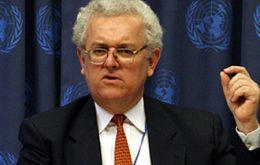
The US is under intense pressure to nominate a top candidate for the World Bank presidency after developing countries put forward two credible contenders of their own.
-
Tuesday, March 20th 2012 - 05:02 UTC
WB backs selective use of capital controls when faced with massive inflows
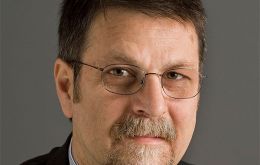
The World Bank’s new Latin America chief backed selective use of capital controls when inflows were creating asset bubbles or distorting foreign exchange markets. Hasan Tuluy, the Bank’s new vice-president for Latin America and the Caribbean, said while trade protectionism should be avoided, there was space for macro prudential measures.
-
Tuesday, February 28th 2012 - 00:23 UTC
Emerging economies decided to challenge US predominance in the World Bank
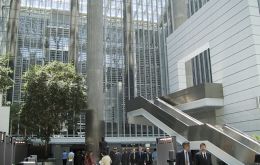
Emerging economies said on Sunday that they will challenge a tradition that has placed an American at the head of the World Bank for decades, as the President Obama administration shows sensitivity to the need for change at global institutions.
-
Monday, February 27th 2012 - 17:39 UTC
China at turning point: current model is unsustainable says the World Bank

The World Bank has warned China’s government that it must relax its grip on industry and move towards a free-market economy.
-
Thursday, February 16th 2012 - 07:16 UTC
Brazil wants open selection process when Zoellick leaves World Bank presidency
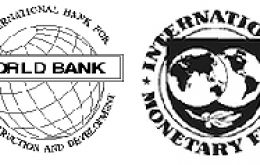
Brazil urged the World Bank on Wednesday to give proper consideration to developing country candidates to replace outgoing president Robert Zoellick and not just go with an American.
-
Thursday, January 26th 2012 - 05:02 UTC
As demands pile up, Venezuela requests to leave World Bank arbitration court
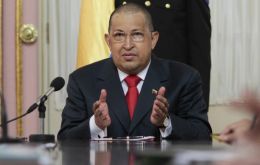
Venezuela’s government officially requested this week to leave the World Bank’s arbitration court as demands pile up from abroad for compensation following a decade of nationalizations under President Hugo Chavez.
-
Thursday, December 29th 2011 - 22:59 UTC
Turkish economist named World Bank new Vice-President for Latin America

Hasan Tuluy, a Turkish national and a strong supporter of inclusive growth, will become the new World Bank Vice President for Latin America and the Caribbean (LAC) as of January 1st, 2012. Mr. Tuluy will oversee the Bank’s lending, knowledge, and poverty-fighting operations in the region, which totalled 9.6 billion dollars in fiscal year 2011.
-
Wednesday, November 30th 2011 - 21:31 UTC
Latam financial system ‘stable and solid’ but weak in consumer banking, says World Bank
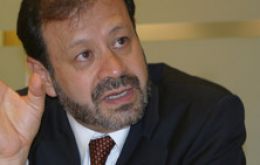
While the economic crisis relentlessly ravages Europe and the United States, Latin American countries anxiously wait on the sidelines. The crisis could dampen the regional trend of solid growth during the past decade.
-
Tuesday, November 22nd 2011 - 01:46 UTC
World Bank loan to help Uruguayan farmers address climate change consequences
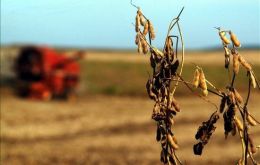
The World Bank approved last week a loan for 49 million dollars to support Uruguayan farmers in adopting environmentally sustainable practices to improve the resilience of their production systems in response to the effects of climate variability.
